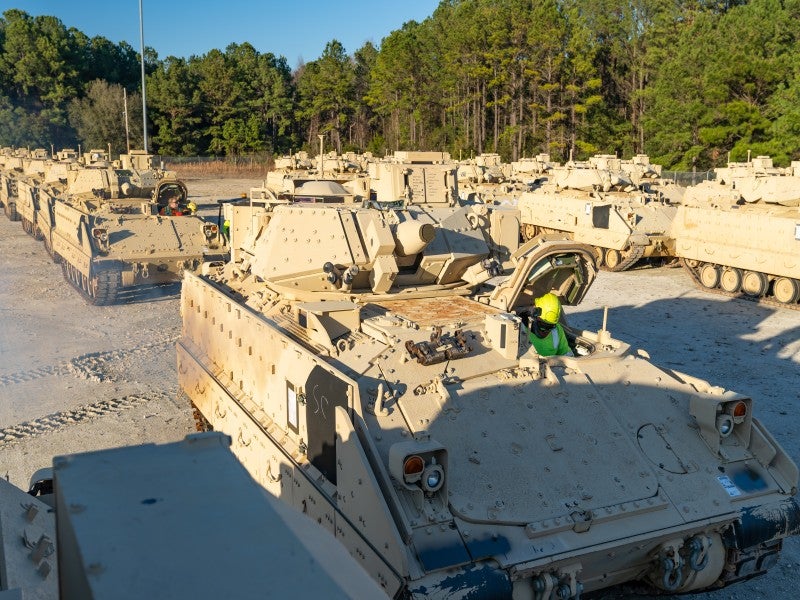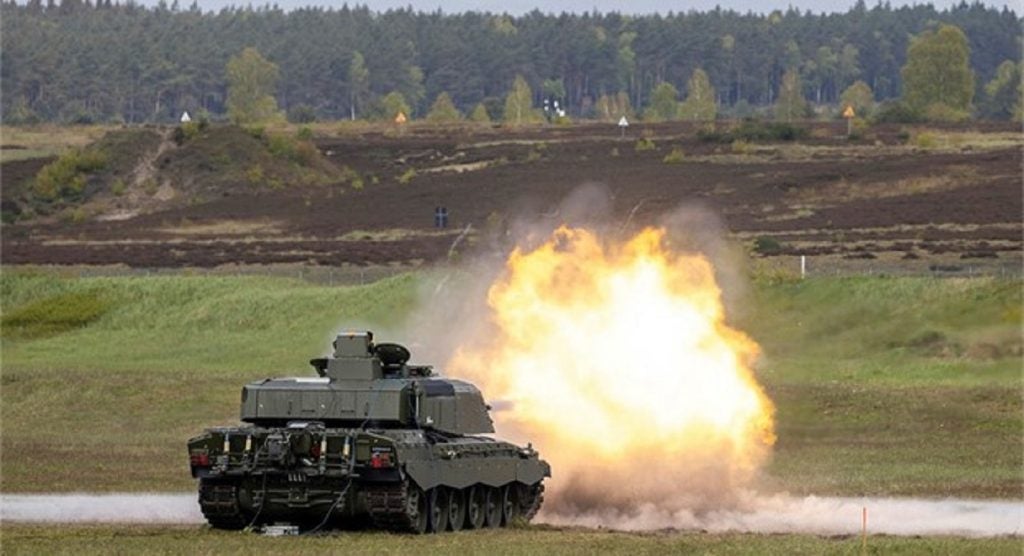The US Army has successfully fired two Raytheon-built Excalibur Increment b (Ib) precision-guided, extended-range projectiles from a M109A2 / A3 howitzer during recent trials at an undisclosed location.
Jointly carried out with Raytheon, the trials used the M185 cannon and M119A2 propelling charge with Excalibur for the first time, to accurately guide both rounds to their targets more than 20km away.
Raytheon Excalibur programme director Mark Hokeness said: "With these firings, we have expanded the potential Excalibur Ib user community and proved to those countries they can add precision fires to their arsenals.
"Excalibur provides its users with accurate, first-round effects capability in any environment and supports forces across the full spectrum of operations."
The testing confirmed that the precision round is now compatible with global artillery platforms.
See Also:
Based on the test results, the armed forces operating M109A2/A3, an early variant of the M109-series howitzer, worldwide will now be able to use the extended range precision capability provided by Excalibur Ib.
How well do you really know your competitors?
Access the most comprehensive Company Profiles on the market, powered by GlobalData. Save hours of research. Gain competitive edge.

Thank you!
Your download email will arrive shortly
Not ready to buy yet? Download a free sample
We are confident about the unique quality of our Company Profiles. However, we want you to make the most beneficial decision for your business, so we offer a free sample that you can download by submitting the below form
By GlobalDataThe Excalibur Ib is a 155mm precision-guided, extended-range projectile based on the combat-proven Excalibur Ia-1 and Ia-2 projectiles, and uses GPS precision guidance to offer soldiers an accurate, first-round, fire-for-effect capability in any environment.
Equipped with a non-spinning fixed and fewer parts, the projectile follows a simplified development approach compared with Excalibur Ia, and addresses the army’s objectives for improved reliability at significantly reduced costs.
A co-development programme between Raytheon and BAE Systems / Bofors, the Excalibur projectile has been designed to provide accurate, first round fire-for-effect capabilities to the current and future 155mm howitzers in urban environments.
Excalibur has been fielded by the US Army, Marines and several foreign military forces worldwide.







